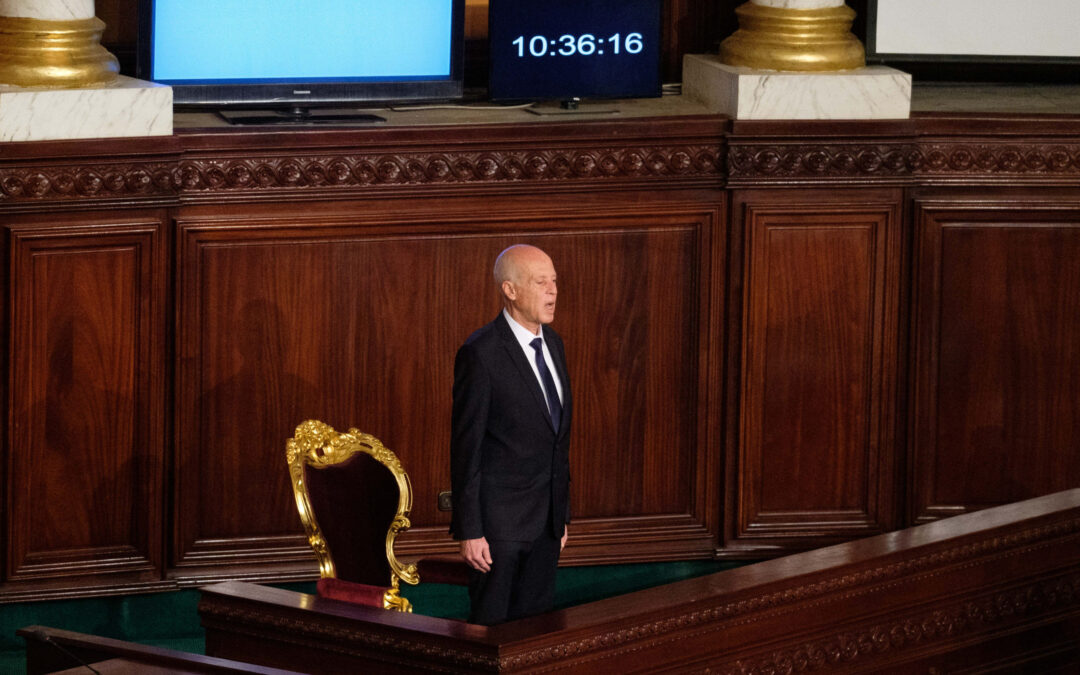
Tunisia: President must reestablish the rule of law
President Kais Saied must immediately revoke his decree renewing the State of Exception and related measures sine die, the International Commission of Jurists said today.

President Kais Saied must immediately revoke his decree renewing the State of Exception and related measures sine die, the International Commission of Jurists said today.
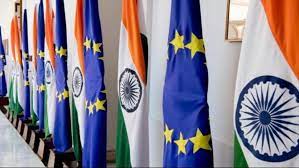
Ahead of the informal meeting of the European Union (EU) Foreign Ministers in Slovenia in September, ICJ along with other international human rights organizations, wrote an open letter to the EU High Representative for Foreign Affairs and Security Policy/Vice-President of the Commission Josep Borrell to express their grave concerns about the continued reticence from the EU and its member states in effectively engaging India on human rights.
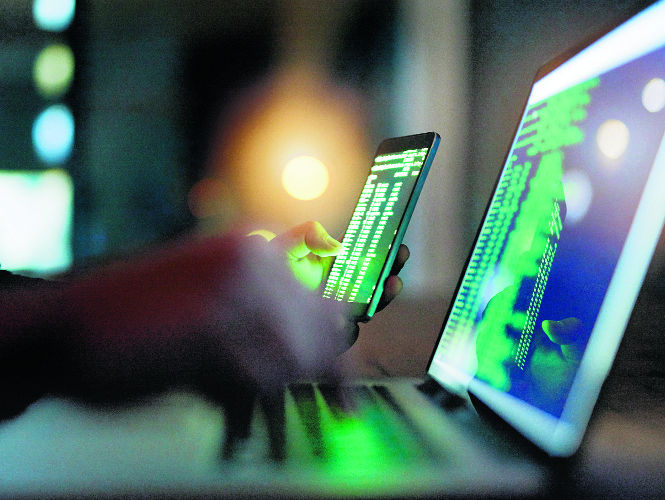
ICJ along with 155 civil society organizations and 26 independent experts worldwide call on states to implement an immediate moratorium on the sale, transfer and use of surveillance technology.
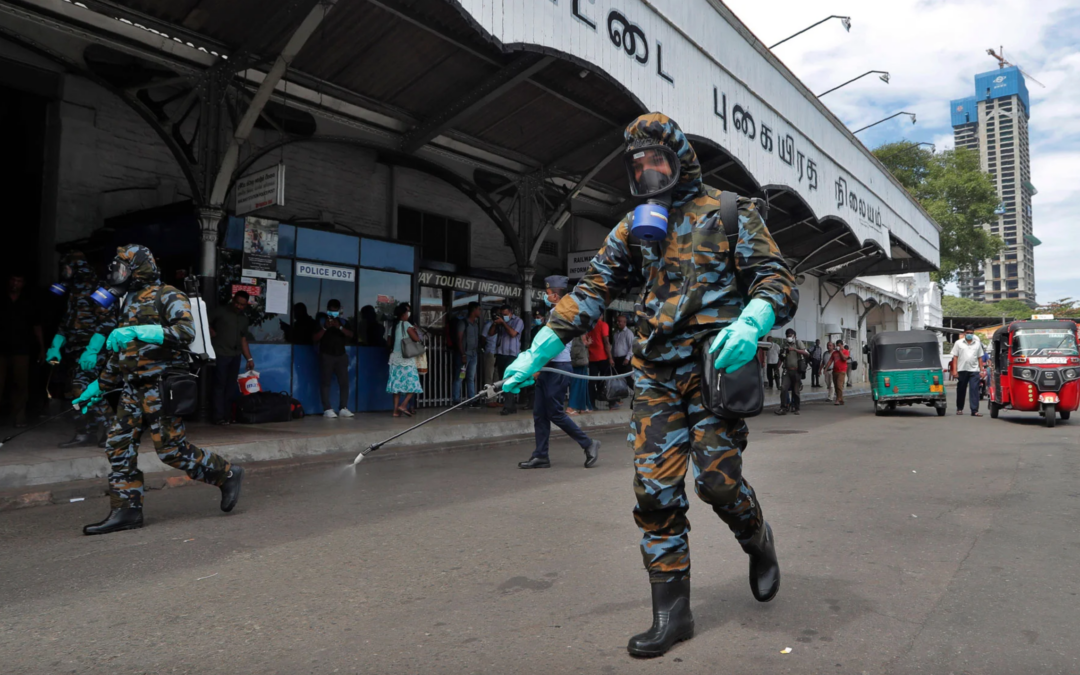
The ICJ today expressed its concern regarding the recent seminar convened by the Judicial Service Commission (JSC) at which magistrates and other judicial officers were reportedly instructed to use certain sections of the Criminal Procedure Code to control protests and other public gatherings from taking place in the midst of the COVID-19 pandemic.
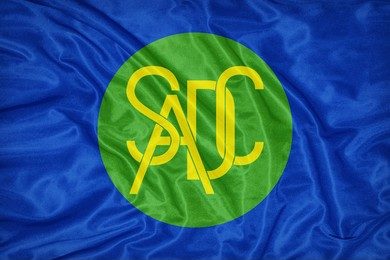
On Tuesday 17 August 2021, Amnesty International, the International Commission of Jurists and Oxfam issued a public statement requesting that SADC Member States use the opportunity presented by the 41st SADC Summit to adopt a resolution to ensure equitable COVID-19 vaccine access in the region.
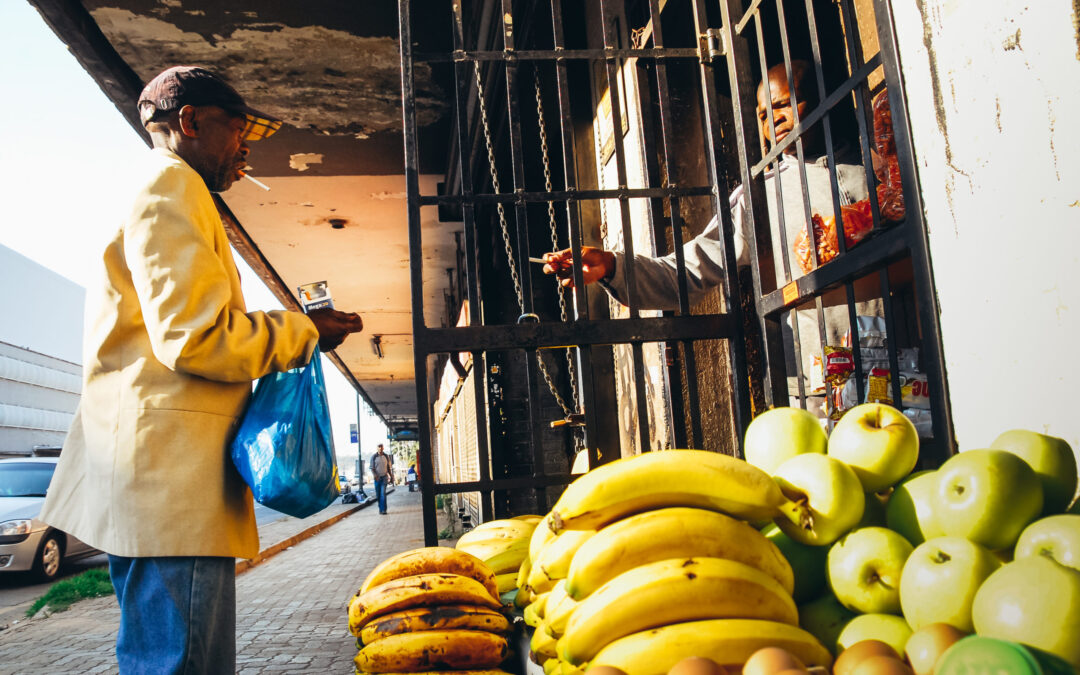
Today the Lawyers for Human Rights (LHR), the Socio-Economic Rights Institute (SERI) and the International Commission of Jurists (ICJ), applauded the removal of discriminatory provisions in an updated version of the Gauteng Township Economic Development Bill (GTED Bill). The Bill is open for further comments until 30 August.